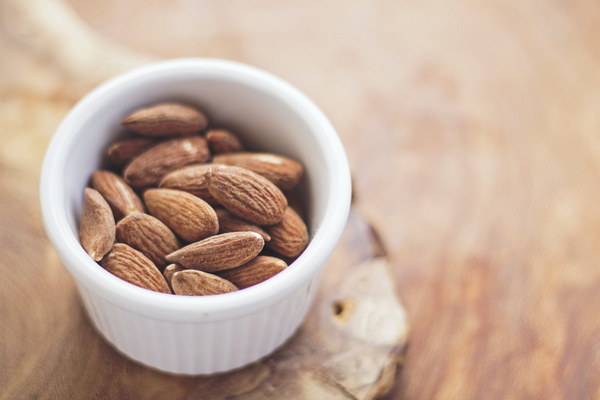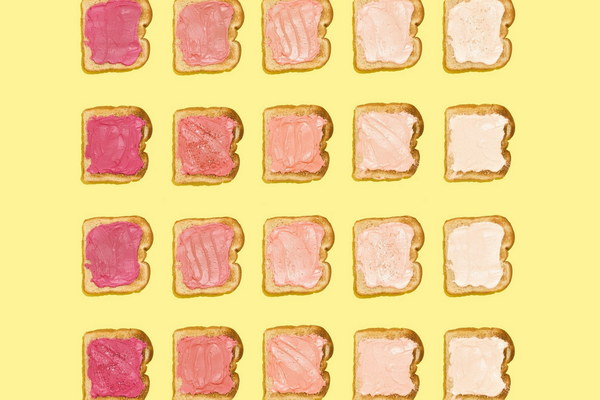The Myth of Nuwa Fusing Her Own Flesh to Heal the Sky A Journey into the Ancient Chinese Creation Story
In the ancient Chinese myth, the story of Nuwa, the creator of humanity, is one that has been passed down through generations. One of the most remarkable episodes in this myth is the tale of Nuwa using her own flesh to heal the cracks in the sky, thus restoring balance to the world. This act of self-sacrifice has become a symbol of perseverance and resilience in Chinese culture.
Nuwa, also known as the Great Mother, was the first woman to emerge from the mud and is revered as the mother of all living beings. According to the legend, the sky was once held up by four pillars, but a great flood caused these pillars to collapse, leaving the sky in shambles. The heavens and the earth were no longer separated, leading to chaos and despair among the people.
In an effort to restore order, Nuwa embarked on a perilous journey to the North Pole to gather the sacred stones needed to seal the cracks in the sky. During her quest, she encountered various challenges and obstacles, including demons and mythical creatures. Despite the hardships, Nuwa pressed on, driven by her determination to save humanity.
After collecting the necessary stones, Nuwa returned to Earth, only to find that the cracks in the sky were too large to be sealed with mere stones. In a moment of despair, she looked down at her own body and decided to use her own flesh to fill the gaps. With great courage and selflessness, Nuwa sliced off pieces of her arms, legs, and hair, and used them to patch the cracks in the sky.
As the flesh of Nuwa fell to the ground, it transformed into various creatures, such as the phoenix, the dragon, and the phoenix, which have since been considered sacred symbols in Chinese culture. With the sky now healed, the pillars were able to rise again, separating the heavens and the earth, and restoring balance to the world.

The story of Nuwa's self-sacrifice has been celebrated for its profound meaning and moral lessons. It teaches us the importance of courage, perseverance, and selflessness in the face of adversity. Nuwa's willingness to put the needs of others before her own has made her a revered figure in Chinese mythology.
Furthermore, the tale of Nuwa's healing of the sky highlights the interconnectedness of all living beings. By using her own flesh to repair the sky, Nuwa demonstrated the idea that the fate of the world is intertwined with the fate of each individual. This concept is deeply rooted in Chinese philosophy, which emphasizes the importance of harmony and balance in the universe.
In addition to its moral and philosophical significance, the story of Nuwa has also had a profound impact on Chinese art, literature, and folklore. From paintings depicting the Great Mother to poems that celebrate her heroic deeds, the legend of Nuwa continues to inspire and captivate the imagination of people throughout the world.
Today, the myth of Nuwa remains a powerful reminder of the resilience and courage of the human spirit. It serves as a testament to the idea that even in the darkest of times, there is always hope and the possibility of redemption. As we continue to face our own challenges and obstacles, the story of Nuwa encourages us to look within ourselves and find the strength to overcome adversity.
In conclusion, the myth of Nuwa Fusing Her Own Flesh to Heal the Sky is a timeless tale that encapsulates the essence of Chinese culture and philosophy. It serves as a reminder of the importance of courage, selflessness, and the interconnectedness of all living beings. As we continue to explore the depths of this ancient legend, we are reminded of the power of storytelling and the enduring legacy of Nuwa, the Great Mother.









